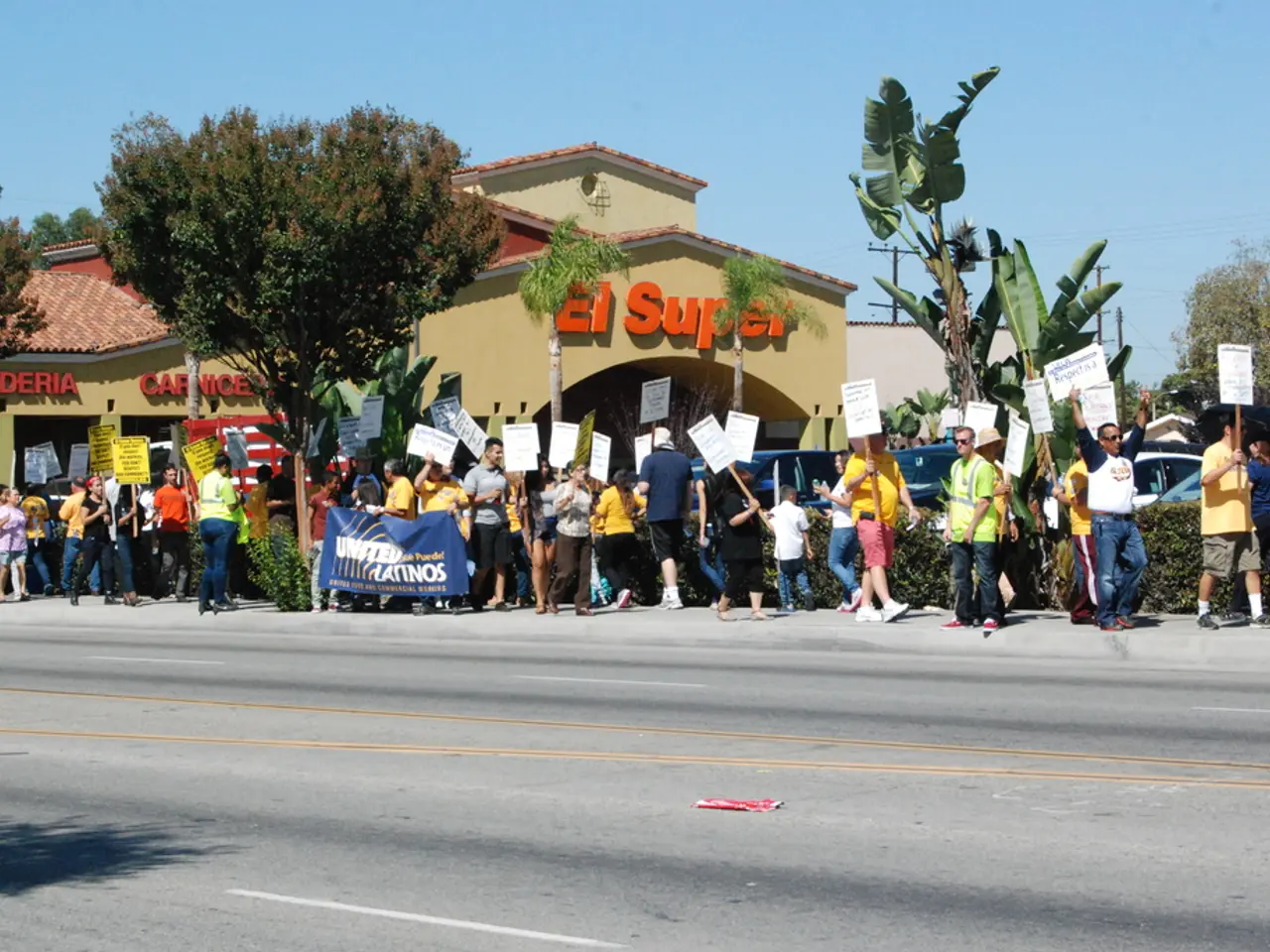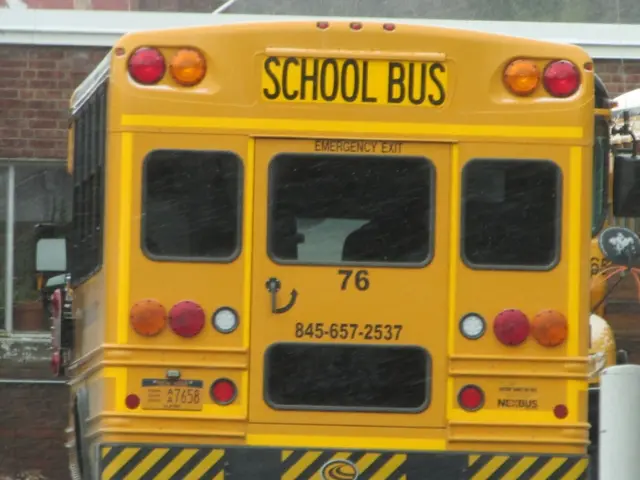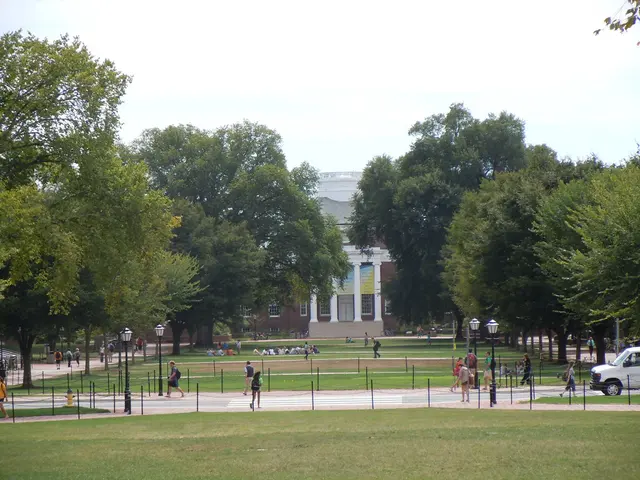Mathematics lecture at Park University to delve into conundrums in voting systems using the Single Transferable Vote method.
On April 16, 2024, David McCune, Ph.D., associate professor of mathematics at William Jewell College, will deliver the J. Malcolm Good Mathematics Lecture at Park University. The lecture, scheduled to take place at the Jenkin and Barbara David Theater in Alumni Hall, Parkville Campus, starting at 3 p.m., will focus on paradoxes in negative and positive involvement in Single Transferable Vote (STV) Elections.
McCune's talk will delve into the intricacies of STV, a voting system used in some parts of the U.S. and Scotland. This system allows voters to rank candidates in order of preference, with the aim of achieving proportional representation. However, as McCune will discuss, STV can exhibit paradoxes that challenge this goal.
One such paradox is the non-monotonicity paradox, where a voter ranking a candidate higher can lead to that candidate losing, a counterintuitive outcome that contrasts with simpler majoritarian systems. McCune will also discuss how a winning candidate in an STV election could potentially become a loser if turnout among their supporters increases, and how a losing candidate could potentially become a winner if more of their non-supporters cast ballots.
To illustrate these paradoxes, McCune will use examples from past political elections in the U.S. and Scotland. He will also discuss how these paradoxes can represent mathematical irrationality in the single transferable voting method.
Admission to the lecture is free and open to the public. McCune earned his Bachelor of Arts degree in English and mathematics from Baylor University, his Master of Science degree in mathematics from the University of Nebraska - Lincoln, and his doctorate degree in mathematics from the same institution.
The J. Malcolm Good Institute for Undergraduate Research at Park University provides competitive scholarships to exceptional mathematics students. The institute promotes scholarly and creative activities in mathematical sciences at an undergraduate level.
It's important to note that STV and other preferential systems often contrast with simpler methods like the two-round system. While STV can mitigate some issues found in these systems, it can also introduce its own paradoxes. Efforts to address these issues include hybrid systems melding Condorcet and Borda count features, aiming to reduce paradoxical outcomes and improve voter satisfaction.
For more information about the J. Malcolm Good Mathematics Lecture, please visit the Park University website.
David McCune, with his extensive background in mathematics, will deliver insights on education-and-self-development topics such as learning about paradoxes in the Single Transferable Vote (STV) system during his lecture. The lecture, focusing on these complexities, may inspire participants to deepen their understanding of mathematical learning and its applicability in real-world scenarios.




